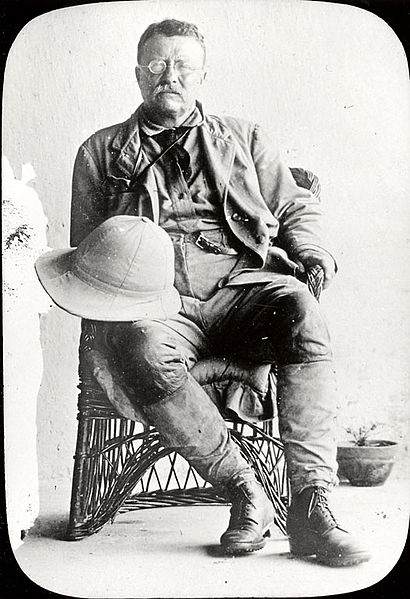The zen master and I opened the front door this morning and discovered that our little corner of world was under a pleasing blanket of fine white powder, notwithstanding the old adage that March comes in like a lion and goes out like a lamb. Actually, I'm quite fond of snow, provided it does its handiwork quickly and then moves on to other venues. As the environmental artist Andy Goldsworthy has observed, "snow provokes responses that reach back to childhood." I also love the way that snow dissolves color and forces the eye to appreciate natural shapes and forms that might have otherwise been overlooked. Finally, I love the silence that comes with snowfall — silence that stills the heart and allows it to listen to different things.
My small offering today is a few photos taken early this morning around my yard and neighborhood, plus a lovely poem by Miguel de Unamuno (translated by Robert Bly).
THE SNOWFALL IS SO SILENT
By Miguel de Unamuno
translated by Robert Bly
The snowfall is so silent,
so slow,
bit by bit, with delicacy
it settles down on the earth
and covers over the fields.
The silent snow comes down
white and weightless;
snowfall makes no noise,
falls as forgetting falls,
flake after flake.
It covers the fields gently
while frost attacks them
with its sudden flashes of white;
covers everything with its pure
and silent covering;
not one thing on the ground
anywhere escapes it.
And wherever it falls it stays,
content and gay,
for snow does not slip off as rain does
but it stays and sinks in.
The flakes are skyflowers,
pale lilies from the clouds,
that wither on earth.
They come down blossoming
but then so quickly
they are gone;
they bloom only on the peak,
above the mountains,
and make the earth feel heavier
when they die inside.
Snow, delicate snow,
that falls with such lightness
on the head,
on the feelings,
come and cover over the sadness
that lies always in my reason.











